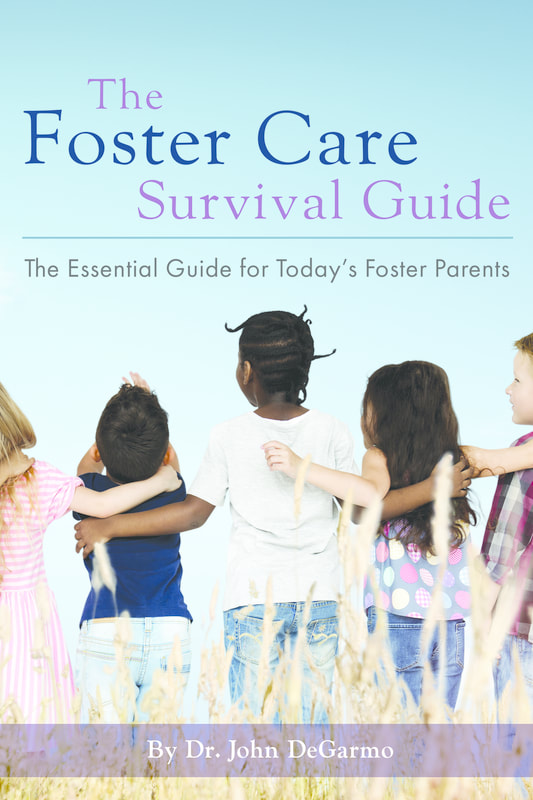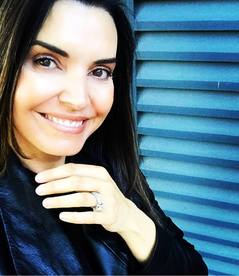
Perhaps you are like Julie in some way. Perhaps you have experienced a traumatic event in your life or have suffered from personal loss. When you care for others who have experienced similar trauma to your own, your own past experience might be triggered, making you more at risk for internalizing the trauma of the child you are looking after.
Our Our Personal Trauma. It is one reason for Compassion Fatigue. A very real condition for foster parents and caregivers is Compassion Fatigue, also known as Secondary Traumatic Stress, or STS. Dr. Charles Figley states that Secondary Traumatic Stress is “the natural consequent behaviors resulting from knowledge about a traumatizing event experience by a significant other. It is the stress resulting from helping or wanting to help a traumatized or suffering person.” As foster parents, we are likely to experience some sort of emotional or physical response to the variety of stresses and anxieties when we care for those who have suffered from abuse, neglect, and trauma. Indeed, we are often at risk of STS, or Compassion Fatigue, as we not only work with children who have suffered trauma and anxiety, but live with these children 24 hours a day. It should come as no surprise to what one study found. According to a recent study by the University of Bristol’s Hadley Centre for Adoption and Foster Care, Compassion Fatigue is a condition that is widespread among today’s foster parents. There are other reasons why we, as foster parents, are at particular risk for Compassion Fatigue.
Join the thousands who receive Dr. DeGarmo’s FREE foster care newsletter. Simply fill out the form below.
Lack of Recovery Time
There is no mistaking the fact that there are not enough foster parents, certainly not enough to care for the increasing number of children being placed into foster care. That’s why foster parents, just like you, are taking in more and more children into our homes. When one child leaves our home and family, for whatever reason that might be, we often quickly get a phone call, asking if we can take another placement and another child, leaving us little time to breathe, to recover, and to grieve, if need be.
When we do this, we do not allow ourselves the time to recover. We do not allow ourselves the opportunity to distance ourselves so we can heal ourselves, and we are not allowed “time off” from an emotionally, mentally, and physically demanding lifestyle. Instead, we continue to care for children who are in such need of all that we have. We continue to listen to the horror stories these children have lived through, and we continue to hear, over and over again, similar stories form the children who come in and out of our homes. This not only wears you down and perhaps burns you out, but is also increase the risk for you of STS.
Empathy:
If you are like me, you feel for these children. You feel their pain, you feel their suffering. You take it on board, upon your shoulders and into your heart. My wife has told me countless times over the course of several years that she was not going to be a foster parent anymore due to the high level of grief and loss she feels when the children she has come to love leave our home. However, when the phone call comes, and she hears the story of a particular child who needs a home, she always says yes to the placement. She feels empathy for these children, just as you do. Yet as we feel for these children and their pain, we may over empathize or over identify with the children, and place ourselves at risk of internalizing their pain and trauma. I often do this myself.
As I write in the book The Foster Care Survival Guide: The Essential Guide for Today's Foster Parents, you NEED to take care of yourself as a foster parent. You NEED to ensure that you are watching out for yourself, finding the time you need for you, and the help you need to care for not only the children in your home, but for yourself and your family. If you do not, all that you do will suffer.
-Dr. John
Order your signed copy of what is being called "The BEST Book Written About Foster Parenting."
The Foster Care Survival Guide. Order your special copy HERE.




 RSS Feed
RSS Feed